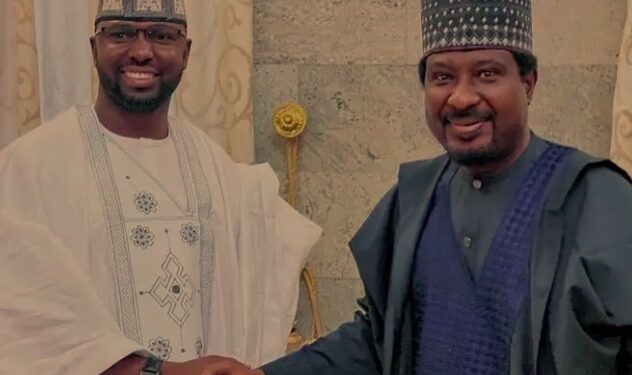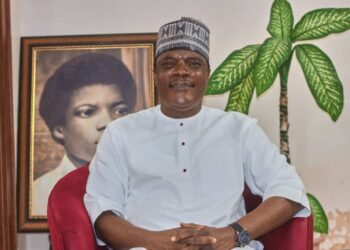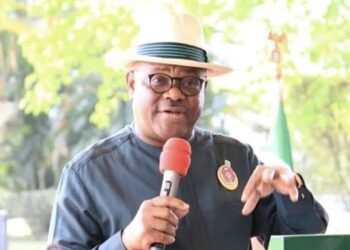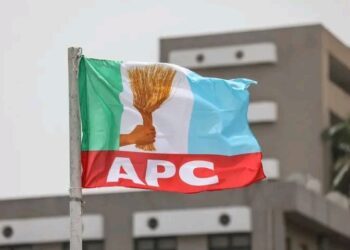Abdulrahman Mai Kadama Kwankwasiyya, a prominent figure within the New Nigeria People’s Party (NNPP) and the Kwankwasiyya movement, has officially defected to the All Progressives Congress (APC) in a move that is set to reshape the political landscape in Kano.
This development was announced by Deputy Senate President, Barau Jibrin, who expressed his delight at welcoming Mai Kadama into the APC fold.
“Today, Mai Kadama Kwankwasiyya visited my residence in Abuja, where he made the decision to abandon the red cap and join the largest political party in Africa, the APC,” Jibrin revealed in a social media statement.
The political heavyweight, known for his grassroots support, has not only changed his party allegiance but also adopted a new title, now going by the name Mai Kadama Maliya. This rebranding symbolizes his commitment to his new political direction.
Alongside his party switch, Mai Kadama has resigned from his role as the Senior Special Assistant to the Governor of Kano State on Entrepreneurship II.
His departure from the NNPP has also led to his resignation as the leader of the Kwankwasiyya movement in Plateau State, as well as his positions as the leader of the G-6 in Kano State and the National Chairman of Kwankwasiyya Akasa A Tsare.
In his statement, Mai Kadama Maliya called on his fellow young politicians to consider joining the APC, highlighting the party’s dedication to promoting good governance and accelerating development at both the state and national levels.
“The newly rebranded Mai Kadama Maliya urged his political peers to align with our significant movement to deliver more democratic dividends to our people,” Jibrin stated.
He continued, “As I have emphasized before, the APC remains the only party truly committed to enhancing the standard of living for our citizens. Let us work together; there’s plenty of room on this journey for everyone.”
Mai Kadama’s defection is likely to strengthen the APC’s influence in Kano and beyond, as his move could inspire others within the NNPP and Kwankwasiyya movement to follow suit.
This shift may also have broader implications for the political dynamics in Nigeria as the country approaches the next general elections.











